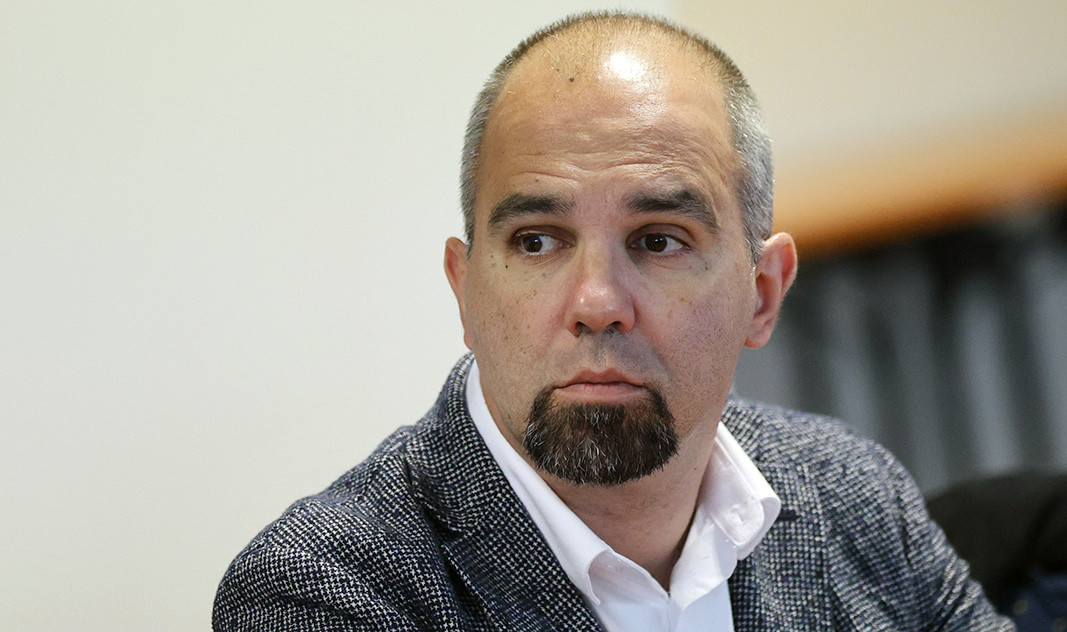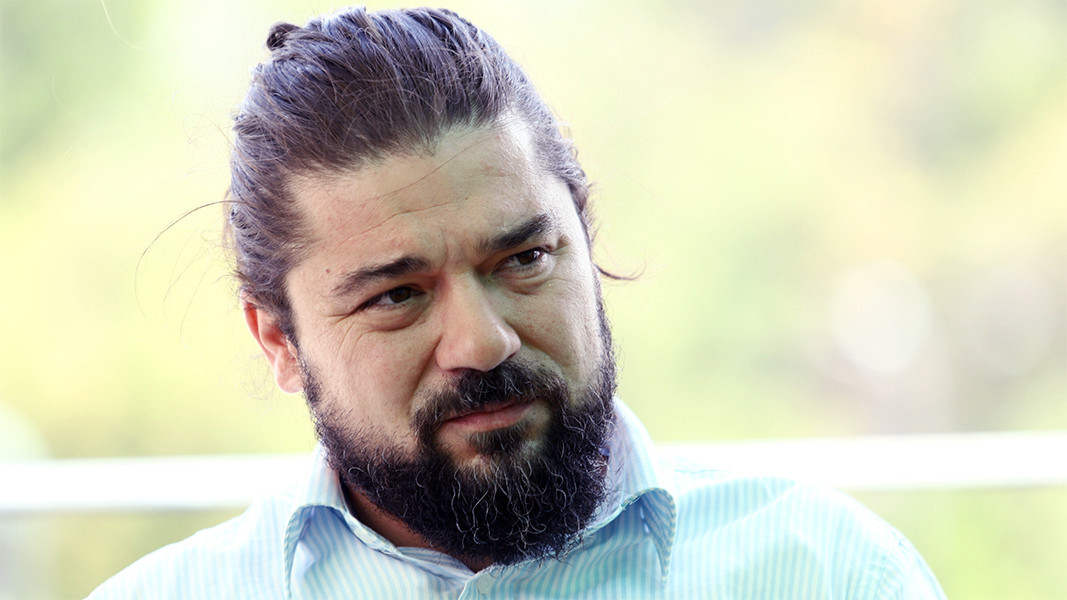Making sense of the events from one whole year succinctly is, without doubt, a challenge, especially if we are talking about politics. The early elections for parliament, that have become something of a tradition in this country, took voters to the polls twice during the year – once in June and once in October. The first time it was a 2-in-1 vote – for national parliament and for members of the European Parliament, but unlike the MEPs, who have been doing their job for six months or so, the members of the Bulgarian parliament never managed to do the job of forming a regular government, thus propelling the country towards another snap election in October.
Today, almost two months after this latest election, we still have no government, even though the dialogue and the prospects of a cabinet do look more optimistic now. One of the important reasons why a regular cabinet must be formed is the need, as some observers are saying, to revise the budget of the country for 2025, submitted by the current caretaker government. 
“The budget, as it has been drafted, seems very spendful for a country that cannot afford to spend so much. That is why I am hoping there will be a government with a clear majority that will oppose this and, hopefully, that politics won’t start affecting finance so that, at the end of the day, the budget, and economic life as such, falls hostage to the fact that we do not have a regular government,” sociologist Parvan Simeonov, from the newly established sociological agency Myara says in an interview with Radio Bulgaria. “The budget put forward continues the practice of funneling money into various spheres where there have been no reforms, pitting different groups one against the other.”
The good news that brought relief to politicians and satisfaction to businesses and the public at the end of 2024 was Bulgaria’s full accession to the Schengen area which will officially come into effect on 1 January, 2025. 
“Joining Schengen really is something we can congratulate ourselves on, a step in our European integration, yet popular taste is hardly likely to see it as any kind of massive success,” says Parvan Simeonov.
Attaining the latest national goal – full membership of the Schengen area does not mean we should not have more goals in the future, the sociologist says and goes on to outline which direction the efforts of politicians and of society should take:
“One such goal is cutting ineffective spending. I am saying this in light of the discussions of the budget taking place right now. Our second goal ought to be reducing social and regional inequalities in the country, as part of a broader policy dedicated to the country’s welfare and human capital. The third national target, though much more abstract, is that every sector in Bulgaria must have its so-called success stories. It is imperative to start instilling self-confidence in people, because that is the commodity that is scarce right now.”
Israeli historian Yuval Noah Harari says that without dialogue and understanding of other points of view there is no functioning democracy. This seems to be a world symptom that we have been seeing in this country as well ever since the outbreak of the Covid-19 pandemic. But is it something we can cope with?
“I have always been an optimist because I know that the future is what we make of it, and the social reality we live in is the result of our efforts, but it is also a question of motivation,” says political analyst Strahil Deliiski. “Yes, the key characteristic of democratic societies is the capacity to hold dialogue. However, it is a function of the understanding and recognition of political equality. In a society in which different groups define themselves by coming in conflict with other groups, that cannot happen. Contemporary democracy has deep-going and comprehensive problems because it is called upon to regulate political relations in a social system like 21st century capitalism. That is why it seems to me that it is a question of a serious discussion of the way capitalism relates to the possibility of regulating its problems in a democratic way. I am afraid we in Bulgaria are not ready for such a discussion, though I see it is happening within world political elites, but, on the whole, we are far from that. That restricts us to a very thin plane of thinking as regards democracy, as if stopping corruption will solve everything,” Strahil Deliiski says, and goes on to highlight a political event that never happened in 2024 – the failure to form a regular government that will attain important public goals.
Bulgaria and the world have reached a point where they should at least try to construct a new meaning, and it would be best if it were democratic.
“There have been quite a few attempts in the opposite direction, and when no efforts are made to democratize relations within society, or between society and the elite, then such antidemocratic alternatives won’t sit around waiting for an invitation, they are bound to come and sit next to us all by themselves,” Strahil Deliiski says.
Translated and posted by Milena Daynova
Photos: BTA, BGNES
Bulgaria’s Parliament failed to hold a session for the third consecutive day due to a lack of quorum. As a result, the scheduled parliamentary control, usually held every Friday, was also cancelled. Only 29 MPs from We Continue the Change –..
Bulgaria’s Parliament failed to hold a session on October 15. "The next session is tomorrow at 9 a.m.", announced National Assembly Speaker Natalia Kiselova. Only 61 MPs registered for attendance during the first and only attempt to open the..
Yet another disaster, yet another series of analyses and post-hoc actions by the relevant institutions. The devastating flood that hit the resort village of Elenite a week ago, claiming four lives, has led the state to realise that the flooded..

+359 2 9336 661
